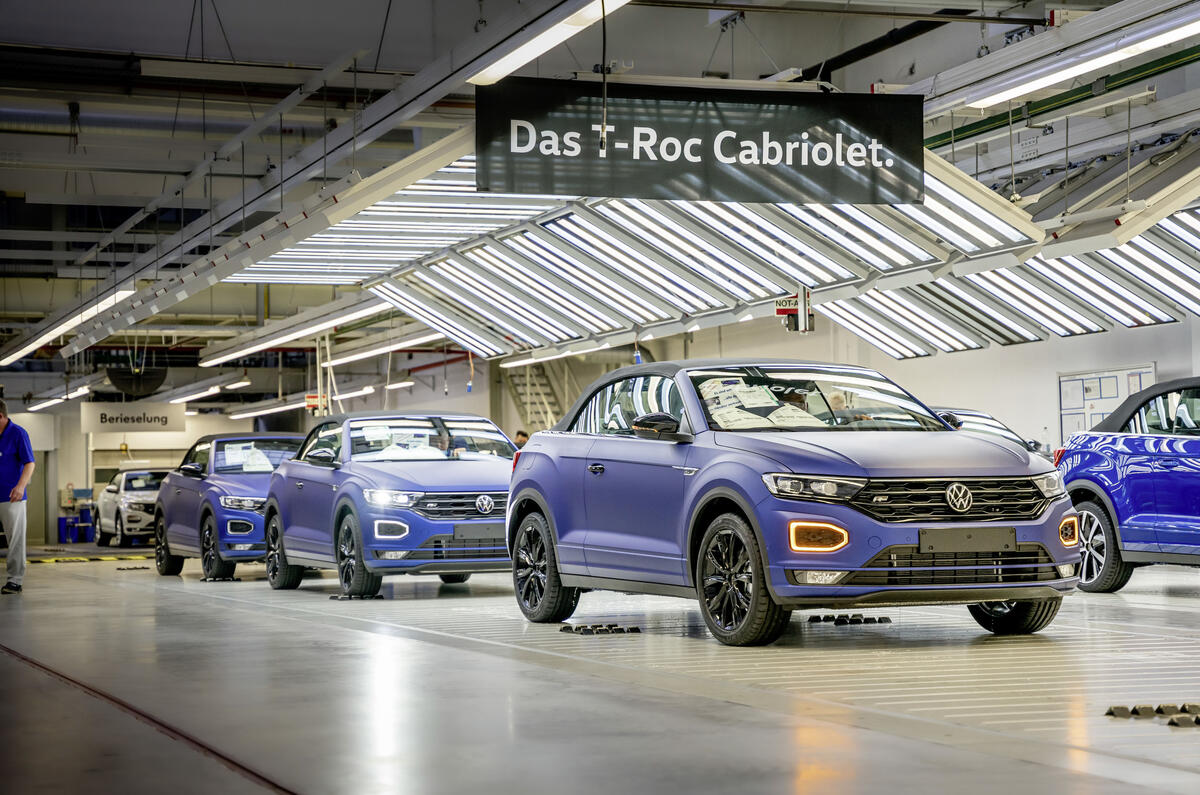The Volkswagen Group is considering closing factories in Germany for the first time in its 87-year history, in a move aimed at dramatically cutting costs in the face of increasing competition for its namesake brand.
The former Karmann plant in Osnabrück, under Volkswagen Group control since 2009, is considered one potential candidate for closure, sources at Volkswagen confirmed to Autocar.




Join the debate
Add your comment
This VW news is huge! Closing factories shows how much pressure they're under to optimize. It's a tough market. Optimizing our personal well-being is just as important. For a quick check on your health metrics, a reliable BMI Calculator is super handy.